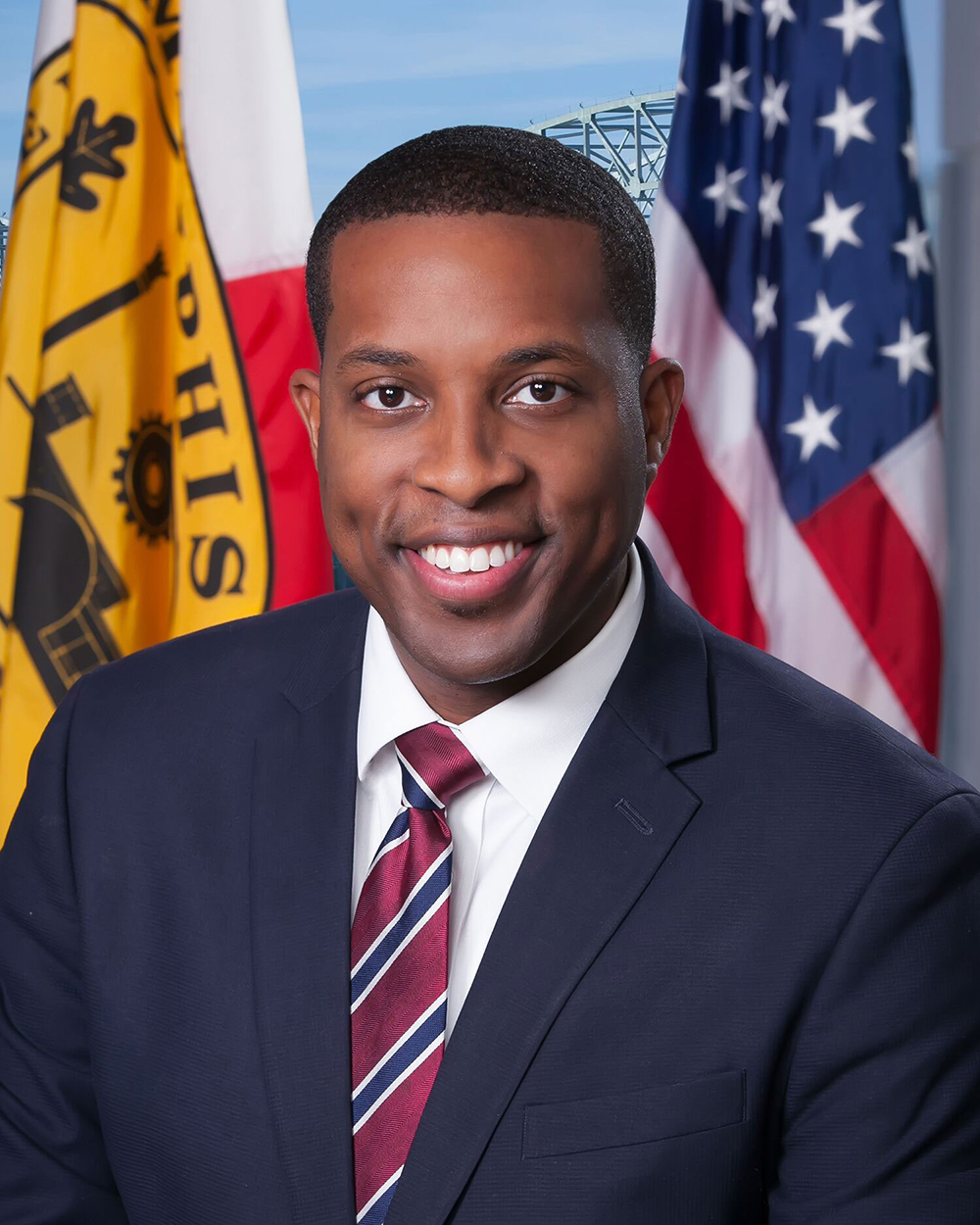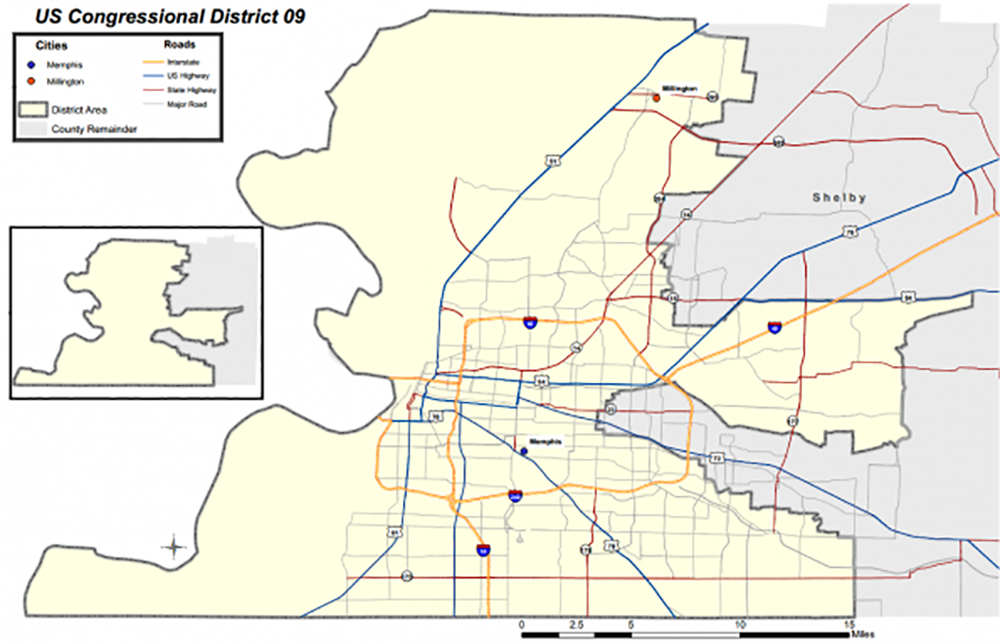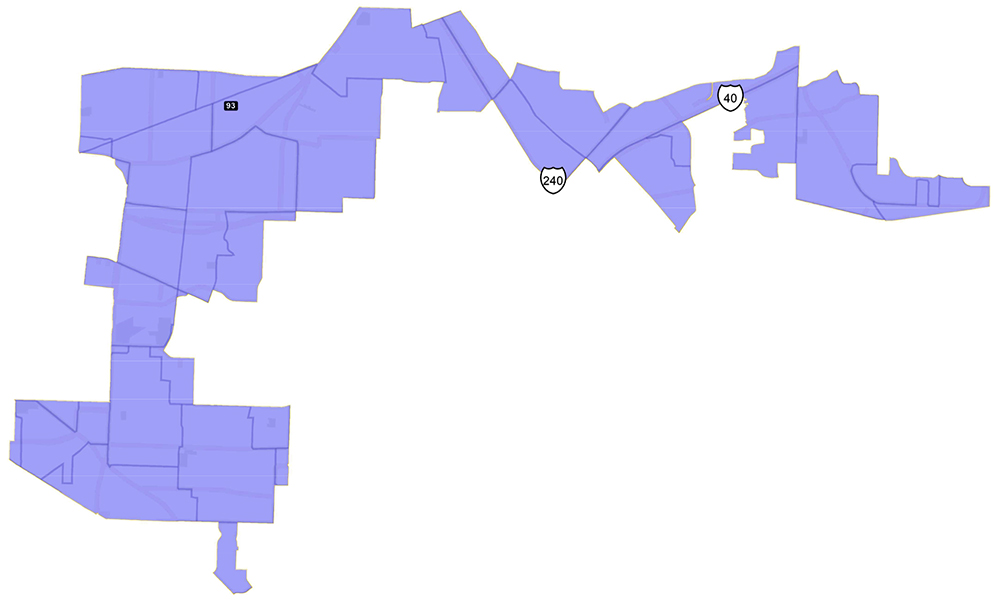The unexpected victory of Donald Trump in the presidential race will likely open up career opportunities for fellow Republicans — including some in the Memphis area.
One possible beneficiary is lawyer John Ryder, a longtime eminence in GOP affairs. Ryder has served as local Republican chairman, as a member of the Republican National Committee from Tennessee, and, currently, as general counsel to the RNC. After the census of 2010, Ryder headed up the Republican Party’s redistricting efforts nationwide, and the map he helped create has strongly reinforced the GOP’s hold on districts in the U.S. House of Representatives.
A partner at the Harris Shelton law firm of Memphis, Ryder was named Republican Lawyer of the Year in a ceremony in Washington, D.C., last month. That follows a year in which he served as a Trump delegate to the GOP convention in Cleveland and was a key member of that conventions’ rules committee.
Considering that Ryder, as general counsel, has essentially been the right-hand man of RNC chairman Reince Priebus, and that Priebus has just been designated by Trump to be the new president’s chief of staff, the question arises: Is Ryder a prospect to succeed Priebus as head of the RNC?
“That would be a decision reached by the president-elect,” Ryder said Monday in a telephone conversation that took place as he drove to Nashville, where he teaches a course at Vanderbilt. “We’re going to see what happens. A lot of different paths are going to open up in the next few weeks, and I’m looking to where I can best be of service to the republic.”
Ryder emphasized that “nothing’s been discussed so far.” As for the possibility of his being offered other positions in the official GOP network that stands to be expanded in the new administration, Ryder said, “I’m not particularly looking for anything. I’m not particularly expecting anything.”
Elsewhere locally, Shelby County Commissioner Terry Roland, who served as Trump’s West Tennessee chairman, said he expected to have a say in whatever patronage positions might be available in his bailiwick.
Meanwhile, Tennessee Democrats may be looking to change direction in the wake of yet another election in which they failed to advance. Except for one upset win, that of Democrat Dwayne Thompson over GOP state Representative Steve McManus in state House District 96 (Cordova, Germantown), Democratic candidates lost all the legislative races in which they challenged Republicans. The net result was a loss of one seat in the House, which means that there will be 25 Democrats and 74 Republicans in the House come January; the state Senate remains at its current level: five Democrats and 28 Republicans. The Republican legislative super-majority holds tight.
And that’s not a satisfactory set of affairs for Bill Freeman, the wealthy Nashville businessman who is the chief Democratic donor in Tennessee and, as he made clear in a visit to Memphis earlier this month, has ambitions of running for governor in 2018.
Likening the party’s electoral showing to a dismal season in the NFL, Freeman told the Nashville Tennessean that, “we’ve got to look at every option, including a new chair.”
The current chair, Mary Mancini of Nashville, has no intention of giving up the job, however, and has said she will run for another two-year term.
One of Freemen’s closest associates is former state party chairman Chip Forrester, who has served several chairmanship terms in different decades, who served Freeman as campaign manager in his unsuccessful race for Nashville mayor last year, and will probably head up a Freeman gubernatorial campaign in 2018 if there is one.
But there is no indication so far that Forrester is looking at another run at the party chairmanship, and Freeman is talking up Holly McCall, who early in the year declared for House District 65, then held by bad-boy Republican incumbent Jeremy Durham, an accused sexual predator. She eventually lost her bid for the seat to Sam Whitson, the Republican who ousted Durham in the GOP primary.
In a letter to members of the state Democratic executive committee emailed on Monday, Freeman put the kernel of his argument this way:
“First and foremost, for all the effort that we focused on in Tennessee, we gained absolutely no ground in the state senate and had a net loss of one seat in the state house. Instead of moving the needle forward, we went backward. This is unacceptable. … We should have done better and done it more robustly. I believe we need new leadership to do so.”
Of Mancini, Freeman said, “She is a fine person and clearly committed to serving our party, but we have failed to grow as we all had hoped for during these past two years. … The poor results we have seen this past Tuesday show clearly that we need a change.”
Pointedly, Freeman made reference to “a critical statewide race for the United States Senate in 2018,” and said, “We must rebuild our party to have the infrastructure in place so that our Democrat nominees for governor and U.S. senator have the party machinery in place to succeed.”
Tennessee Democrats — and Mancini — did, however, have one legislative victory in the recent election that nobody saw coming except the participants in the winning campaign. As indicated, this was the upset win of Thompson, a genial human resources administrator and longtime Democratic activist, over state Representative McManus, a GOP legislative mainstay, in District 96.
Under the circumstances of the 2016 election cycle, which not only strengthened the GOP super-majority in Tennessee but put Donald Trump into the presidency and gave the Republicans control of the U.S. Senate and House, it is astonishing that Thompson should have won election to the state House from a suburban Shelby County district. It is doubly astonishing that he unseated an incumbent Republican to do so.
Not only was Thompson the only Democrat in Tennessee to unseat a Republican, he believes himself to be the only Democrat in the South to have done so.
Thompson’s victory over McManus, who had been serving as chairman of the state House banking and insurance committee, was by the total of 351 votes out of almost 28,000 cast, and that ultra-thin margin can be attributed to old-fashioned work ethic on the winner’s side and what has to be reckoned as complacency and over-confidence on the loser’s.
McManus’ campaign war-chest totaled $155,754.59 as of the third-quarter financial-disclosure deadline, dwarfing Thompson’s $5,088.20. Thompson later received an infusion of financial aid from the Tennessee Democratic Party: $1,500 in a direct outlay on top of a $13,100 in-kind contribution in the form of a “polling survey.”
In October, Thompson’s total expenditures of $13,817 were almost equal to McManus’, and the Democratic challenger targeted his campaign money well, spending some of it on some modest internet advertising that pointed out, among other things, the fact that he had a military record.
McManus’ confidence may also have stemmed from the fact that he had easily dispatched Thompson in their first match-up, in 2014, with 62 percent of the vote to Thompson’s 38 percent.
Thompson was determined to prove that District 96 was a swing district, composed of a working-class/middle-class mix that was susceptible to a Democratic appeal. He boasts that he and his campaign team knocked on a total of 12,000 doors in the course of the campaign, focusing on issues ranging from Cordova’s traffic problems to skepticism about charter schools and the need for reviving Governor Bill Haslam‘s dormant Insure Tennessee program for Medicaid expansion, which, he emphasized to voters, had been blocked in McManus’ committee in the special legislative session of 2015.






 Cammeraydave | Dreamstime.com
Cammeraydave | Dreamstime.com 